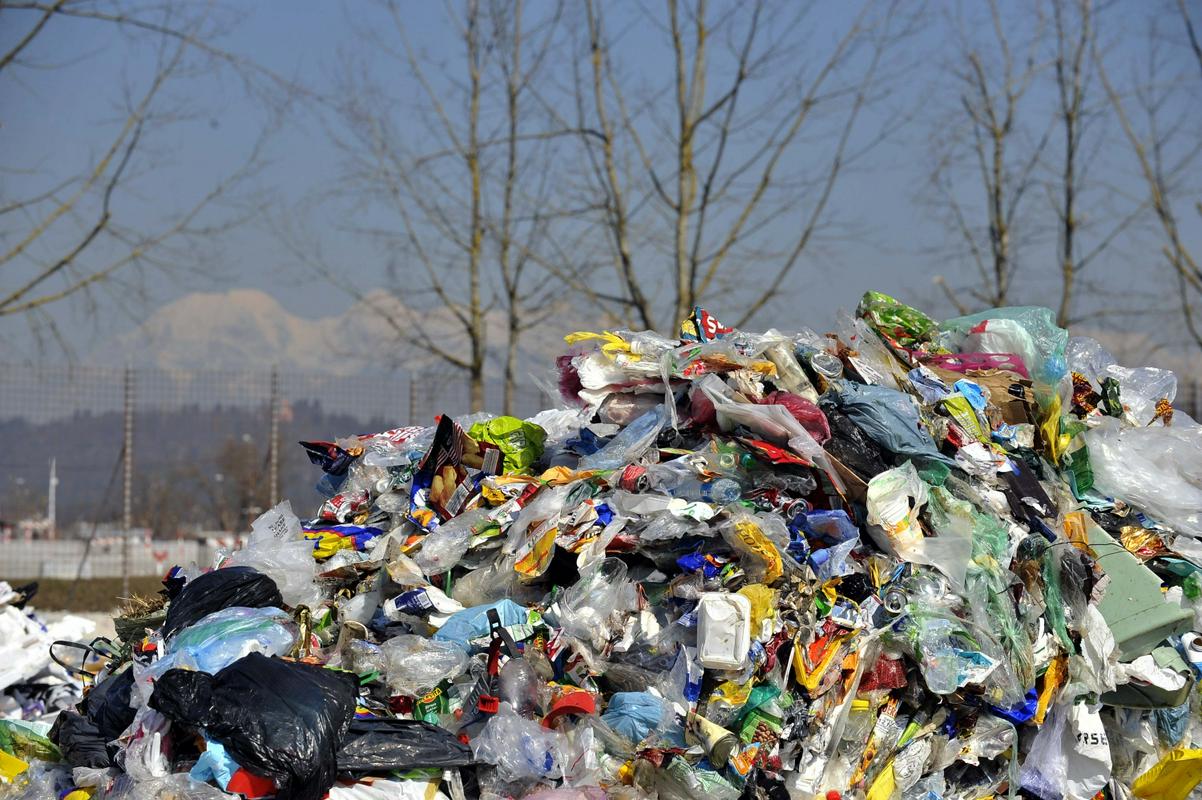
The largest amount of chemical disruptors of the endocrine system is found in plastic. Many pesticides have the same effect. Hormone disruptors can be found in detergents, cosmetics, lubricants for pumps, and flame retardants which can be found in all electronic devices. They can be found everywhere.
Mihael Toman from the Biotechnical Faculty says it’s a burning issue because the chemical disruptors are permanent substances which have been piling up in the last decades. But he says the problem is not in their concentration. "The problem is its accumulation and piling in water environments. In fact, we don’t even know the accumulations, we don’t know what’s happening, and water is the end recipient of all those substances."
We live in a sea of estrogens, warns Anton Komat, an independent researcher and publicist. "The most dramatic thing is that they’re transgenerational, which means they work from the mother on her fetus, and most affected by this are the male offspring. The biggest consequence can be the disruption in the balance of the endocrine system, while with regards to infertility we could say that it’s spreading like a new-age plague."
However, according to European biomonitoring, there is no need for alarm, says Lucija Perharič, the president of the Slovenian Society of Toxicology. She highlights the example of Bisphenol A, which can be found in plastic objects. "It was established that the concentrations were almost one hundred times lower than the levels which can cause disruptions in the balance of the endocrine system."
There is still no risk estimate for Slovenia, but the biomonitoring has shown a low level of exposure in most cases. EU’s relevant institutions created uniform criteria this year for defining endocrine disruptors in pesticides. The Association of producers, distributors and representatives of phytopharmaceuticals assesses that in the future, the current selection of permitted pesticides on sale will be cut by half. We still don’t know how to clean the environment from synthetic endocrine disruptors, but we do have to stop their creation and offer alternatives. And one of the alternatives is organic farming.

































































